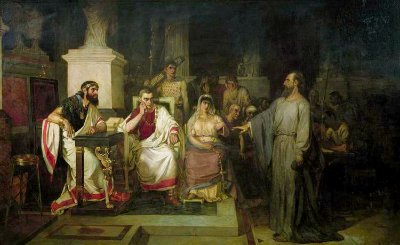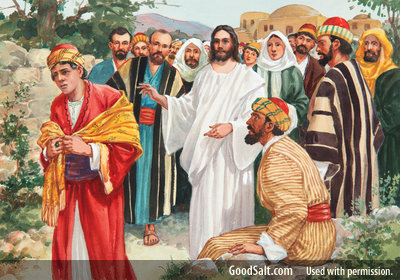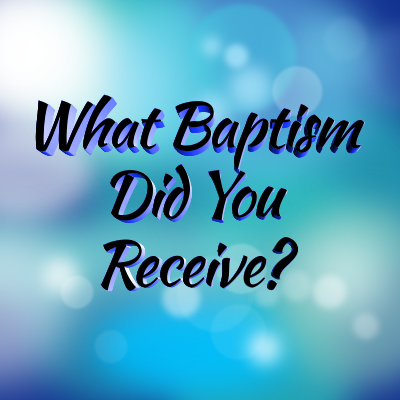
In our last Podcast, we talked about the secrets in a resume. Because the Bible contains so much information about certain people, it is pretty easy to metaphorically build a resume for a Biblical character. This exercise can reveal things we may have never really considered. Let’s look at the Apostle Paul. There is a lot written about him personally.
Paul is Amazing
The Apostle Paul is probably the most amazing disciple in the entire New Testament. Not only does he go from being the number one persecutor of the church to the number one promoter of the church, he goes on to pen three quarters of the New Testament scripture. He is the author of no less than 13 letters to various people and churches.
Paul was pretty prolific! So too were others who accompanied him such John Mark; who goes on to write the Gospel of Mark, and Luke, a physician. Luke is the writer of both the Book of Acts and the Gospel of Luke. Both these men were close associates of Paul and accompanied him on many of his missionary journeys. Beginning with Luke’s writings, let’s gather information about Paul’s life with which we can build a handsome and respectable resume for Paul.
First Contact
The first time we ever meet Paul is at the end of Acts 7. It’a not a great first meeting. It occurs during the stoning of Stephen where Paul was still known as the Pharisee, Saul. We join the assault just after the crowd has been whipped into a frenzy by the preaching of Stephen.
Acts 7:57 – 8:1
“At this they covered their ears and, yelling at the top of their voices, they all rushed at him, dragged him out of the city and began to stone him. Meanwhile, the witnesses laid their clothes at the feet of a young man named Saul.
While they were stoning him, Stephen prayed, “Lord Jesus, receive my spirit.” Then he fell on his knees and cried out, “Lord, do not hold this sin against them.” When he had said this, he fell asleep.
And Saul was there, giving approval to his death.”
A Young Man
In terms of church history, theologians tell us the stoning of Stephen happened about 35 AD. This would put it roughly three years after the birth of the church. This passage tells us, Saul was still a young man. He has some type of authority because he is “giving approval” to the stoning of Stephen and the murderers are laying their clothes at the feet of this “young man” as he stands back giving approval.
Saul is obviously filled with a deep hatred and bitter contempt for this new religion. It’s difficult to imagine a hatred so intense and so evil that it compels someone to actually participate in an organized effort to kill, murder and destroy a people whose entire motivation is love. Have you ever wondered what drove Saul to this breaking point? Why was he compelled to do such a thing?
The Good News is, the next time we meet Saul, he has a little “come to Jesus” moment! On a dusty Damascus road, Jesus appears to him in brilliant light and knocks some sense into him. In fact, Jesus knocks the Saul out of him so far, he changes his name to Paul… and the rest is history!
Paul’s Conversion Three Times
Luke tells the story of Saul’s conversion in the book of Acts, three times. Let’s glean some details about Paul’s life from each of these then move on to discovering some other nuggets about Paul from the epistles. Our first conversion story is told in Acts 9.
Click here to read the rest of this post.








